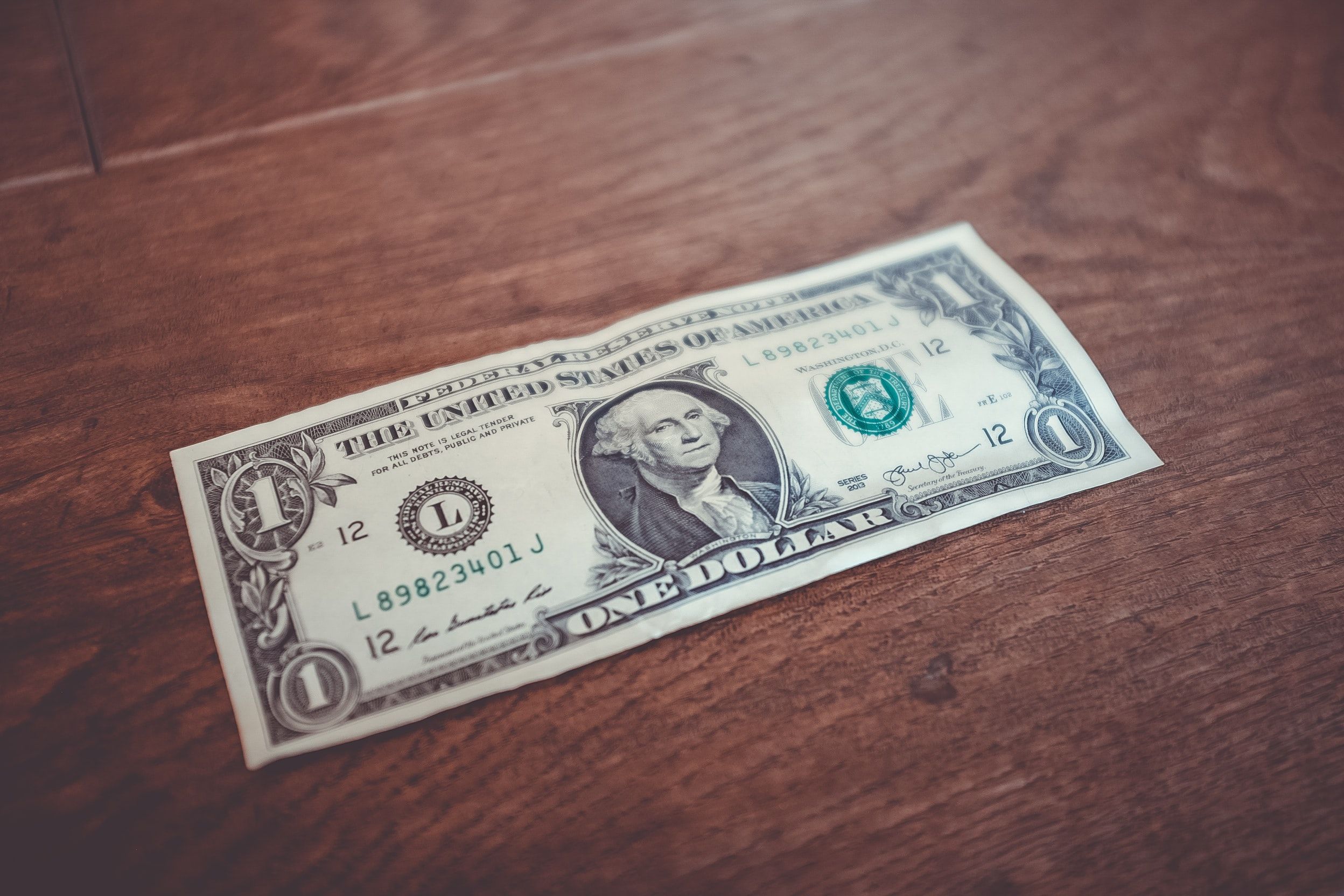A war in eastern
Europe, the West’s sanctions and a staggered pandemic recovery threaten to send
the world into a recession, and international organisations at the helm of economic
affairs are trying desperately to avoid it. World Bank chief David Malpass
recently said, “As we look at the global GDP…it’s hard right now to see how we
avoid a recession.” Malpass was speaking at a business event in the United
States.
Fears of a
recession have been looming over the world since Russia invaded Ukraine on February
24. The Ukraine war has sent energy and food prices skyrocketing. Amid all
this, a wave of lockdowns in China to arrest the spread of COVID-19 has sent
the world economy into a tizzy.
Rising energy
prices is critical to whether there will be a recession or not. “The idea of
energy prices doubling is enough to trigger a recession by itself,” the World Bank
chief said. His comments come after the World Bank, in April, slashed global
economic growth forecast by nearly a full percentage point, to 3.2%.
Europe’s
dependence on Russian oil and gas has triggered much of the crisis. Europe has
been trying to wean itself away from Moscow oil for years, prompted by the
United States, but with geopolitics as it currently is, the Ukraine war has the
capacity to turn companies across the world blue.
This is because an
impact on global GDP will reverberate across nations and corporations. GDP or
Gross Domestic Product helps understand how well and economy is doing and is
consistently observed by central banks in order to make monetary policy.
Businesses depend on GDP numbers to decide on whether they will or won’t hire
more workers and increase or decrease investment.
In agreement about
the World Bank chief about the threat of a global recession is Kristalina Georgieva,
the head of the International Monetary Fund (IMF). She predicted that 2022 will
be a difficult year for the world, speaking at Davos, one of the world’s most
premiere forums for economists. Upon been asked if the IMF predicted a global
recession, she said, “Not at this point. It doesn’t mean one is out of the
question.”
The IMF predicts global
growth to be 3.6%, a little over the World Bank’s prediction. This has led Georgieva
to believe that while the threat of a recession remains imminent, it still is a
long way away from turning negative.
“What we may see
is recession is some countries that are weak to begin with. They haven’t
recovered from the COVID crisis. They’re highly dependent on imports from
Russia, of energy or food, and they have a somewhat weaker environment already.”
The situation,
however, is not beyond recovery. According to IMF’s second-in-command, Gita
Gopinath, that the world has a “buffer” against recession. Gopinath, who too
spoke at Davos, said, “I would say at 3.6% there is a buffer.” She added that
there are specific countries that are getting hit especially hard.







